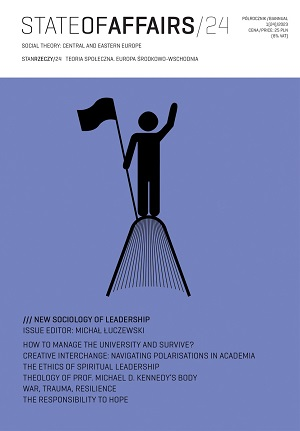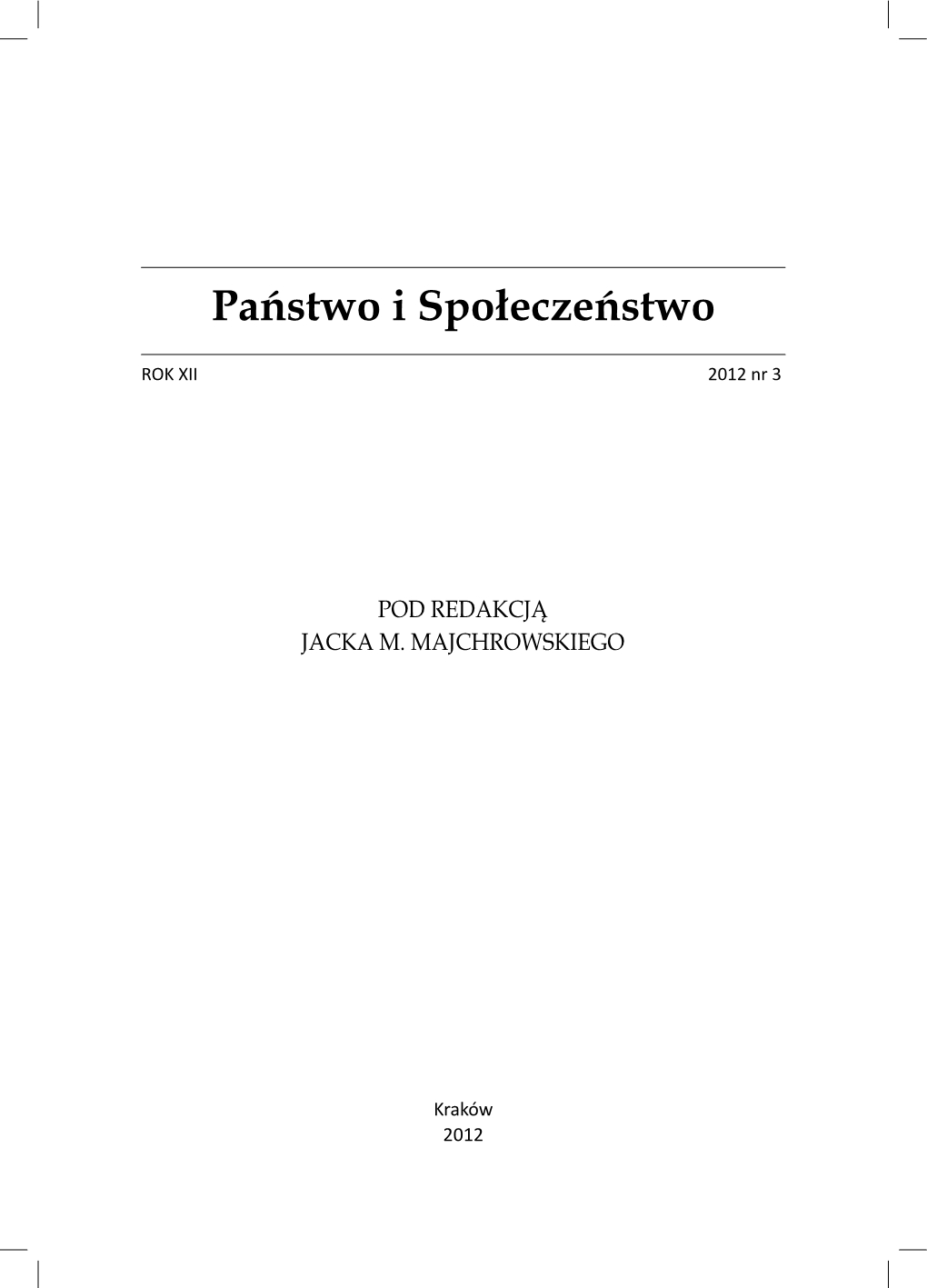
We kindly inform you that, as long as the subject affiliation of our 300.000+ articles is in progress, you might get unsufficient or no results on your third level or second level search. In this case, please broaden your search criteria.

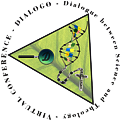
"The HeartMath Tree Rhythm project is a citizen science interconnectivity initiative. Interconnectivity refers to the hypothesis that all life forms are interconnected via intersecting magnetic energy fields. HeartMath tree rhythm research complements the HeartMath Global Coherence Initiative (GCI) and Global Consciousness Project (GCI). Related websites are as follows: https://treerhythms.net/ https://www.heartmath.org/gci/gcms/live-data/ and https://gcp2.netThe present contribution employs a narrative methodology to introduce the iBhubesi Tree Rhythm project at Umhlanga Rocks South Africa. The isiZulu term “iBhubesi” denotes an African lion. Ubuntu connotes humanity. Its deeper meaning is that we only become human through others (umuntu umuntu ngabantu), especially, ancestors, family and friends. African dialogue is epitomized by respectful greeting and openness in human relationships. Umhlanga Rocks iBhubhesi Mango has a unique ecological ancestry and eco-spiritual story. Mango trees are originally indigenous to India, its people and continent. They are also connected to everything else - nature, people, continents, planets and cosmos. The following contribution intends to unpack some universal, differential and unique aspects of this interconnectedness. "
More...![Compte rendu: Калин Михайлов. Християнство и литература. Фигури на (не)благородното. София, УИ „Св. Климент Охридски“, 2023, ISBN: 978-954-07-5726-1. [Kalin Mikhaïlov. Christianisme et littérature. Figures du noble et de l’ignoble.]](/api/image/getissuecoverimage?id=picture_2024_82646.jpg)
Book review: Калин Михайлов. Християнство и литература. Фигури на (не)благородното. София, УИ „Св. Климент Охридски“, 2023, ISBN: 978-954-07-5726-1.[Kalin Mikhaïlov. Christianisme et littérature. Figures du noble et de l’ignoble. Éd. de l’Université de Sofia, 2023, ISBN : 978-954-07-5726-1 ; Christianity and Literature. Figures of the (Ig)Noble.]
More...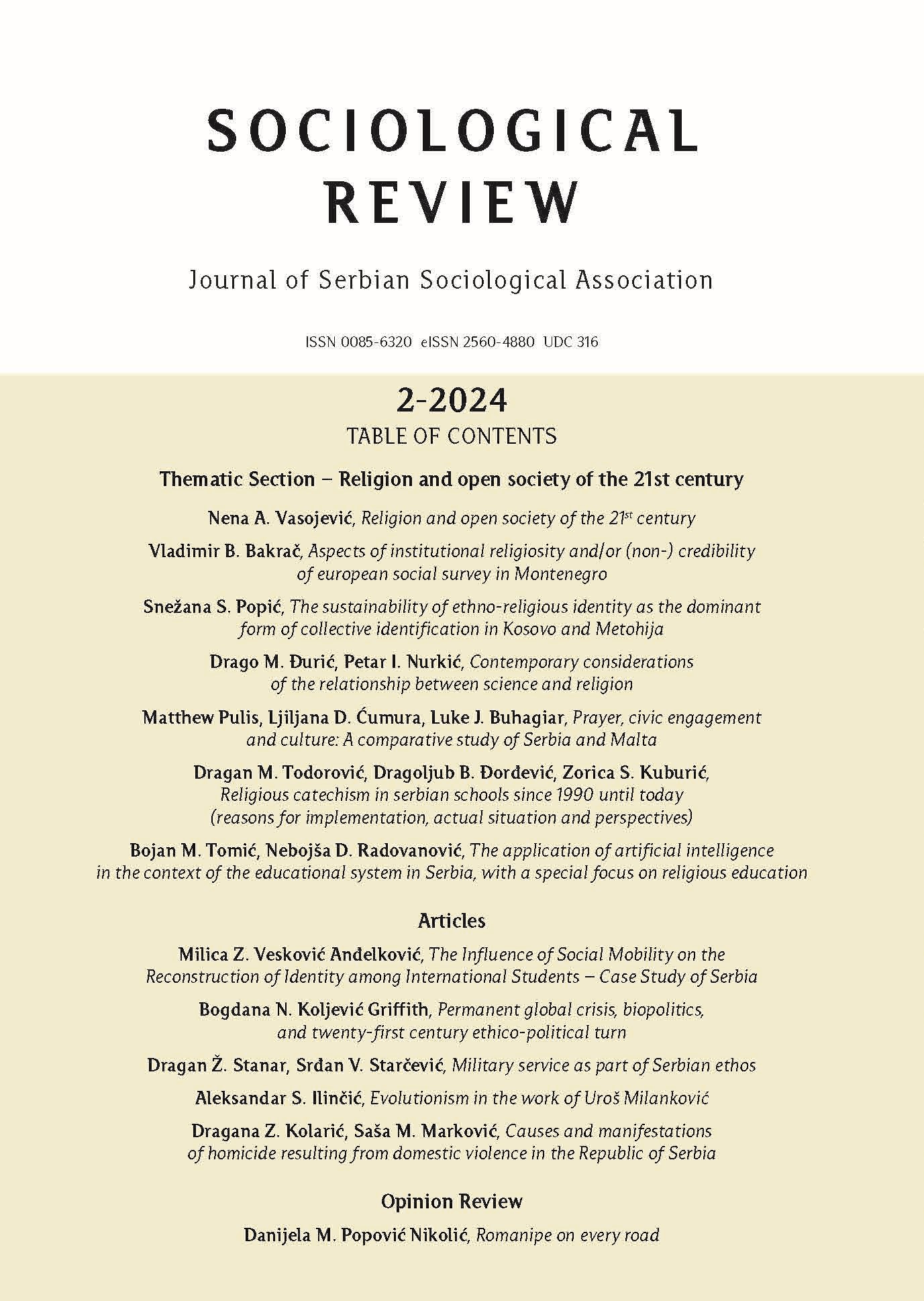
The presence and increasing influence of artificial intelligence (AI) in modern society and its already acknowledged potential for transforming educational practice demand a thorough and systematic study of the implications of its use in the entire educational system, aa well as in the context of certain school subjects and curricula. This paper covers the theoretical and empirical frameworks for analyzing positive and negative aspects of AI integration into education, with a special focus on religious education. In the theoretical segment, AI possibilities and challenges are analyzed in the context of today’s teaching process, while the empirical part of the research is focused on analyzing the aspects of AI application in the organization of the teaching process for the optional subject Religious Education. By identifying advantages and challenges in the application of this technology, AI possibilities are considered in detail as an auxiliary instrument for preparing Religious Education lessons in the primary school. For that purpose, the answers generated by ChatGPT application were compared with the subject teacher’s experience about the lesson preparation, whereas apart from content overlapping, deviation was also observed in the quality of certain generated answers. Through a critical review of the current situation in AI use in education, this paper offers a general estimate of the current situation, recognizing the importance of further development and adaptation of pedagogical practices to AI possibilities.
More...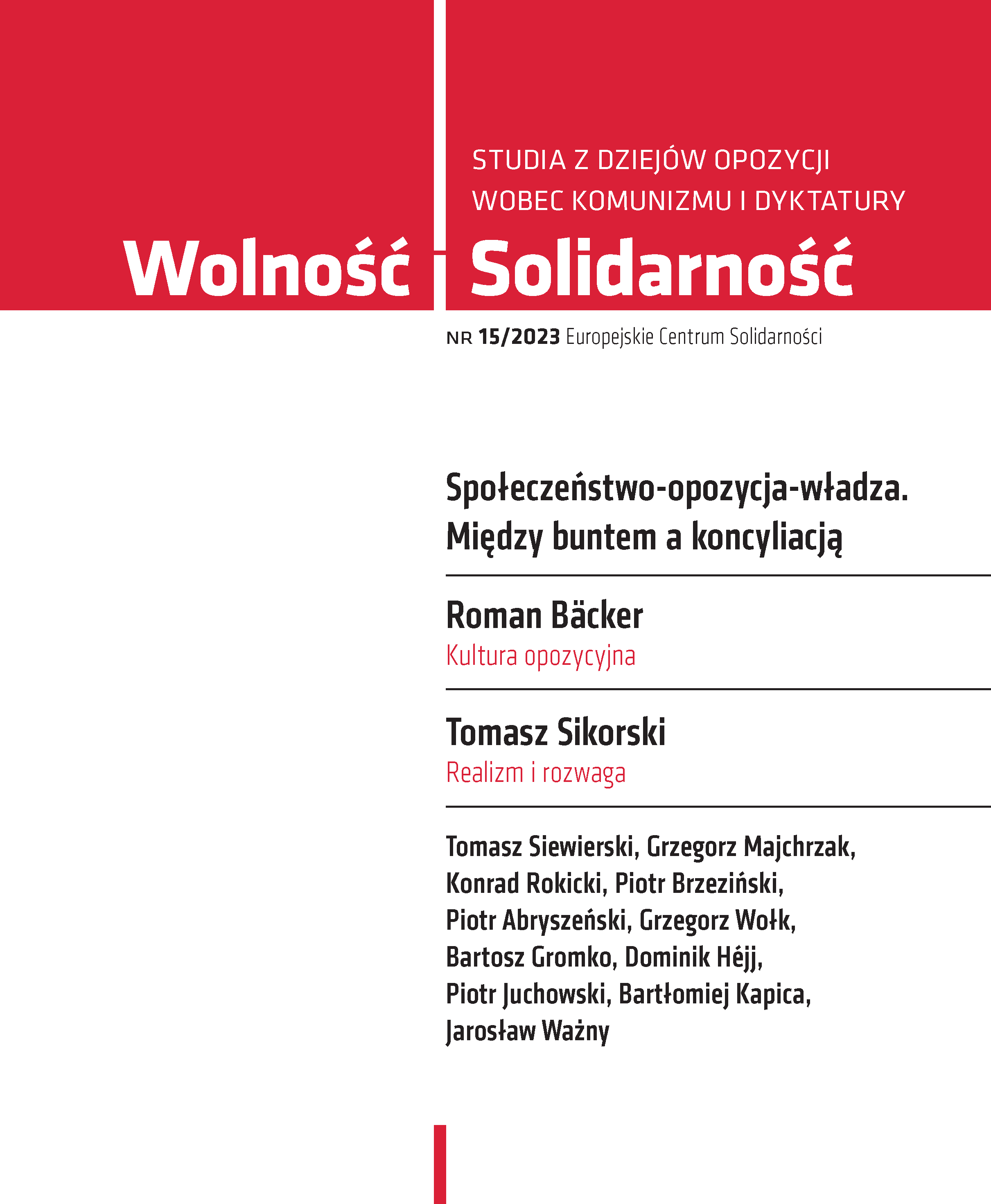
Francesco Ricci (1930–1991) was an Italian priest, canon of the cathedral of Forli, ecclesiastical assistant of the Communion and Liberation, and rector of the church of San Filippo Neri in Forli. He travelled to many countries to promote Communion and Liberation: Yugoslavia, Peru, Poland, Hungary, Japan and Korea, Uganda, Paraguay, Czechoslovakia, and Brazil. Due to his interest in Eastern Europe, which was then under communist rule, he founded the Center for the Study of Eastern Europe (CSEO) in Forlì, which was dedicated to deepening and spreading knowledge about the countries of this area in Italy. The Center published, among others: translations of works by Václav Havel, Józef Tischner, and other authors.
More...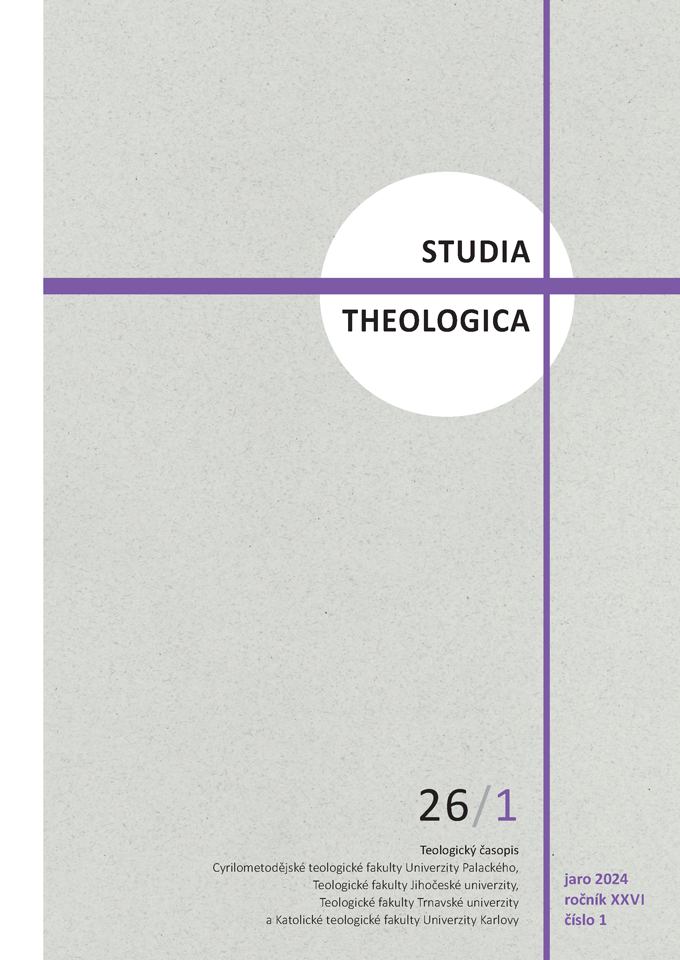
The study serves two main purposes. First, it aims to provide a definition of ancient biography that can account for the genre’s diversity without viewing this diversity as problematic. Second, the study seeks to introduce the canonical gospels, describe their shared and distinct features to ancient biography and emphasise the implications of this approach for the interpretation of the gospels, which are frequently overlooked in contemporary research. As I point out, the first goal can be achieved by distinguishing between primary characteristics (an explicit focus on the life of a single protagonist and the intention to provide their life as a model for imitation) and secondary characteristics (historicity, paratexts, structure, length of life, and used material). These secondary characteristics may vary, but they presume the presence of the so‑called primary characteristics. Furthermore, I argue that the canonical gospels have all of the primary characteristics of ancient biography, a conclusion supported by many contemporary scholars. I point to a fundamental aspect in which the Gospels differ from other Greco‑Roman biographies, namely the construction of the reliability of the text and the different self‑understanding of the authors who considered themselves – as I have argued – inspired.
More...
In this paper, I focus on the emergence of ritual studies and subsequently formulate six characteristics that, in my opinion, establish their identity: a) an emphasis on being grounded in ritual theories; b) a plurality of ritual definitions; c) a wide area of application of ritual theories; d) a ritual understood as (performative) action; e) the plurality of methods; f) interdisciplinarity. Based on these characteristics of ritual studies, I deal with some aspects of their application to early Christianity. I demonstrate the benefit and innovation of this perspective on selected approaches: new viewpoints on rites of passage (DeMaris) and on the origin and development of the Eucharist (Taussig) and cognitive approaches (Uro). Finally, I address the problem of the researcher’s imagination (speculativeness) and the relationship between theories and exegesis of texts. I conclude by analysing the theory of ritual failure applied by P.‑B. Smit.
More...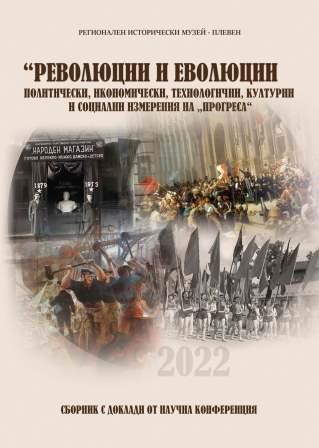
For Scotland 16th century is dramatic and resulted in major changes. The desire of the aristocracy and layman to change the moral of the catholic priests, who continues to ignore their parochial responsibilities, led to the Reformation. In the 1560s nobility, landowners and gentry declined the Papal authority in the name of their faith and converted to the new doctrine which gave them the moral and discipline they needed. Now the laity has the opportunity to own a Bible in their language and the ability to read it. After the religious changes, clergy is not subordinate to the crown, and parochial priests are the leaders of the Scottish society. Political changes coming with the establishment of the new Scottish church cease wars with England and bring a piece for the population in the border areas. The care for the poor becomes a national duty and this unites Scottish people. We may say that this struggle for ecclesiastical changes is not only a religious matter but a matter of nationalism. Creating a Godly society is not the aim only of the reformers but of all the laity in Scotland.
More...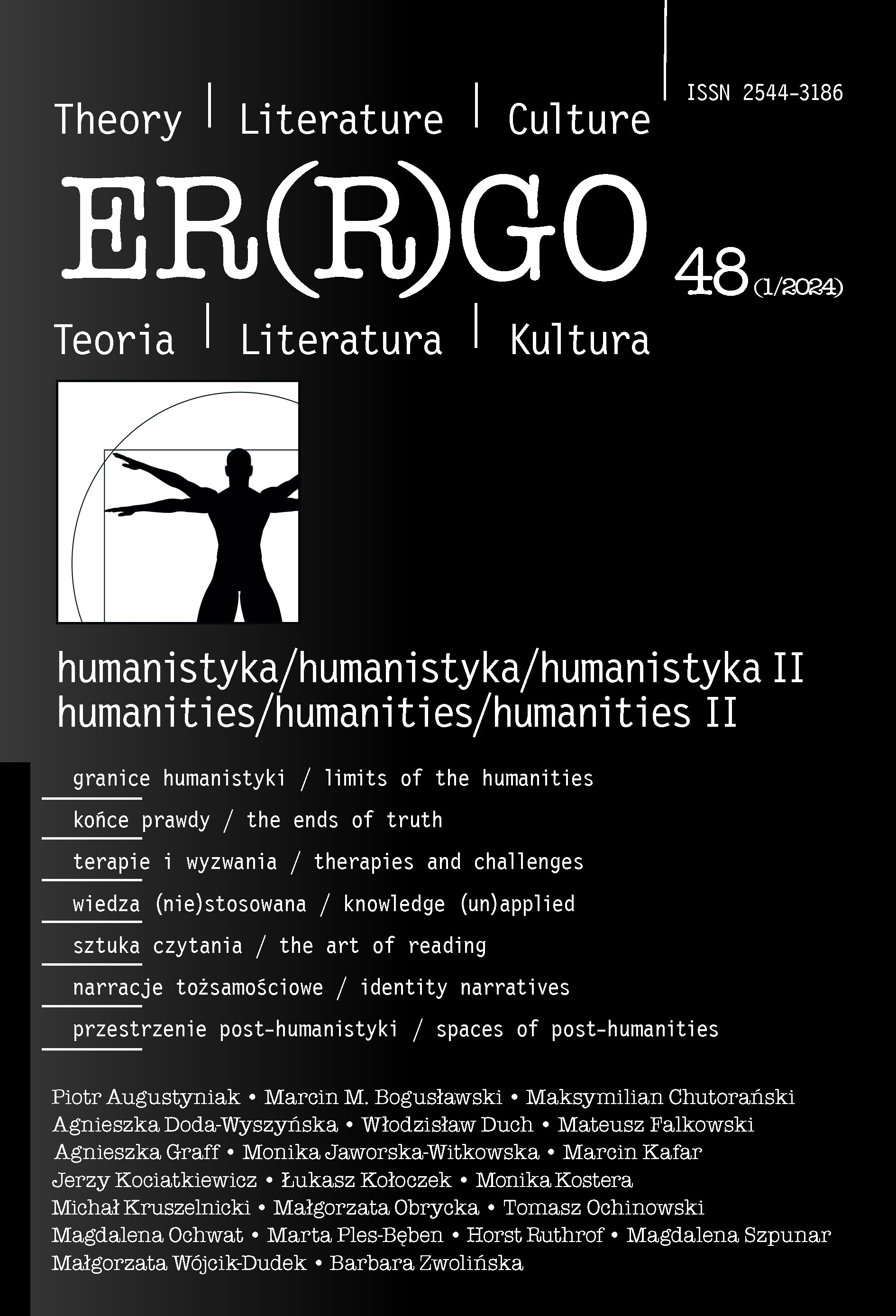
In the text, the humanities are understood as the only realistic counterbalance, but also resistance to the dominance of instrumental mind. Devaluation and marginalization of the humanities herald cultural regression and cultural autism of individuals. The humanities are treated as an important project for the formation of sensitivity, social integration, but also emancipation, the creation of a common universe that protects society from atomization. The humanities makes us realize that despite its focus on pragmatism and efficiency, the most important thing always is and has to be the human being. Although it can sometimes be inconclusive, although it leaves many things open, uncompleted, this is where its strength lies, breaking us out of certainties, breaking the hegemonic discourse of what is oppressive, speaking up for the human being.
More...
In the article, referring to the common experiences related to the pandemic, I reflect on the meaning of texts read in the “times of plague.” I ask the question, to what extent and what kind of reading helps to understand the traumatic events experienced by people (affecting the physical and mental state), what readers are looking for in novels, memoirs and journals concerning mass diseases, for example, plague and cholera. The review and analysis of these themes in selected works is accompanied by a question about the metaphorical meaning of the epidemic, symbolizing the diseases of civilization, such as: consumerism, materialism, thoughtless exploitation of natural goods, destruction of the environment, or, in general, the evil accumulating in subsequent wars. An important theme is also the one relating to the connection between eroticism with the plague–a trail important in T. Mann’s Śmierć w Wenecji and in G. G. Márquez’s Love in the Time of the Plague. Both fictional works, such as the novels mentioned above, as well as records of witnesses of history depicting the war as a plague, or referring, like S. Márai, to the journalistic style in describing the course of cholera in Italy, may inspire an attempt to answer the question to what extent readings describing the time of human trials in a situation of endangered humanistic values may be a signpost for future generations not necessarily feeling well in a culture without books.
More...
The article presents the problem of the tension arising between academic creativity and non-academic experiences of scholars. The individual subsections consist of approximations of expressive cases of scholarly auto/biographies that fall into the category of “consciously halved”– researchers whose works are situated at the intersection of what is personal with what is academic, giving it a specific cognitive tenor. The perspective adopted in the considerations is contained in the horizon of reflexive thinking, enabling the cultivation of hermeneutics of the Self in the area of “new humanities” as starting (and ending) with lived experiences of active human agents.
More...
Referring to researchers who emphasize the Anthropocene aspect of modernity, I put forward a thesis on the need for a posthumanist pedagogical imagination, which I understand with reference to the sociological imagination of C. W. Mills and the ontological imagination of A. W. Nowak as an openness to the complexity of the world and questioning the accepted pedagogical settlements on ontology, methodology and axiology. Pedagogical imagination is an openness to the complex relations between humans and non-humans (R. Braidotti, D. Haraway, B. Latour, J. Law). Within its framework, questions are raised about the basic educational actors of the collective and what they can do for the common world. Pedagogical imagination is combined with the demand to constantly transcend the established horizons of what is pedagogical/humanistic.
More...
If therapeutic discourse is the horizon of contemporary culture and the ideological underpinning of neoliberalism, then the present crisis requires transcending this horizon. The article examines the historical and political dimensions of the therapeutic dominant of contemporary culture. The first part presents the model of subjectivity implicit in therapy culture, the expansion of psychology as a narrative and cognitive paradigm, and two rival political orientations in critique of therapy culture. The second part looks at historical sources of the therapeutic mode and its subsequent transformations. The third part examines the entanglement of therapy culture in neoliberalism, its role in responsibilisation of the subject, pathologization of poverty, and privatisation of stress. The conclusions look at responses to such critique coming from therapists themselves.
More...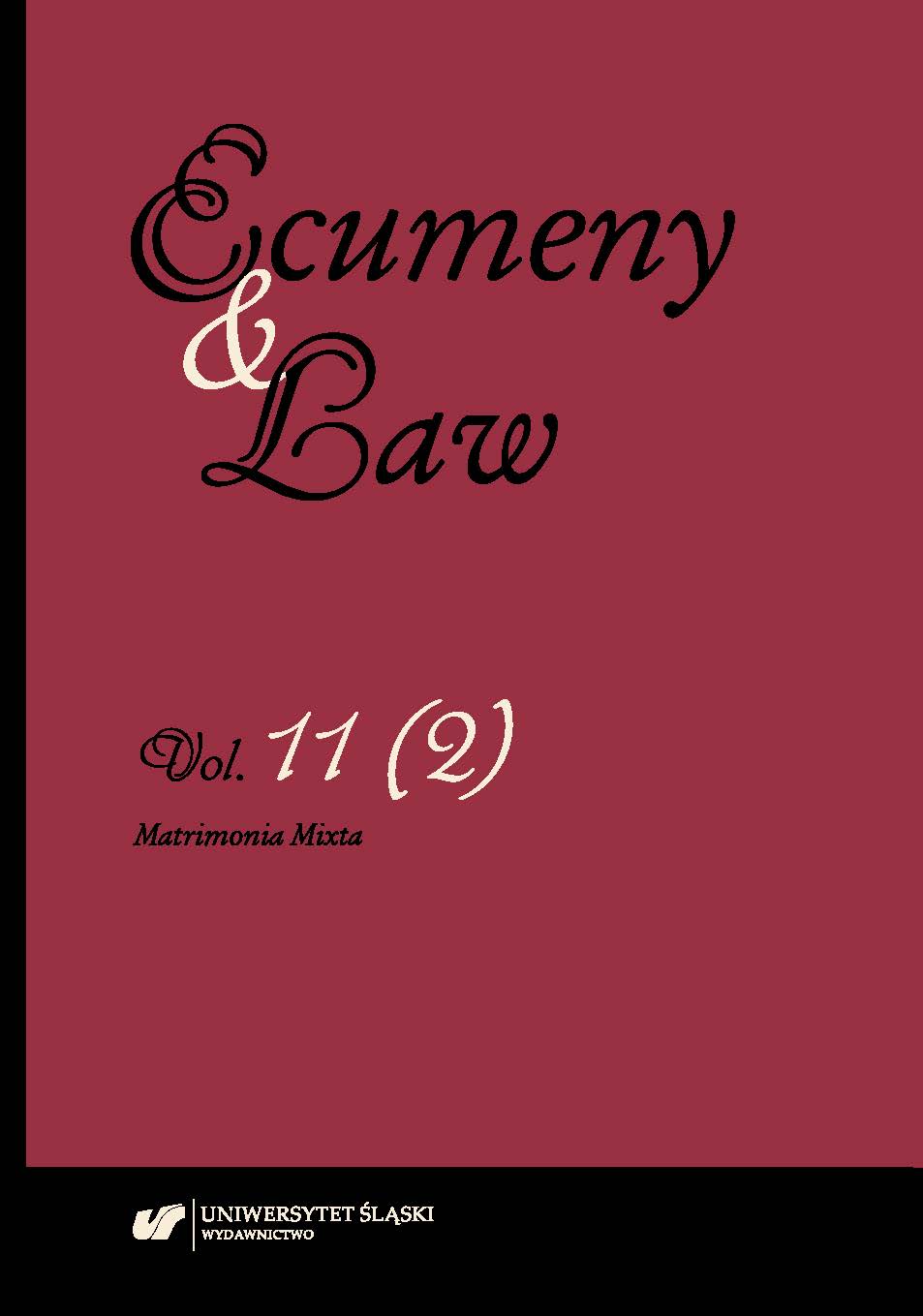
The concern for the upbringing of children in the marriages of Christians with followers of other religions or pagans, and then Catholics with non-Catholics, was from the very beginning a concern of the church community. This issue is discussed in the present article, in which the author focuses his attention on foundations of the regulations rather than on their legal aspect. The conducted analyses indicate that there has been a significant shift from the objective protection of faith to the subjective expression of the personal character of the marriage relationship and the related rights and obligations resulting from the free-given grace of belonging to Christ.
More...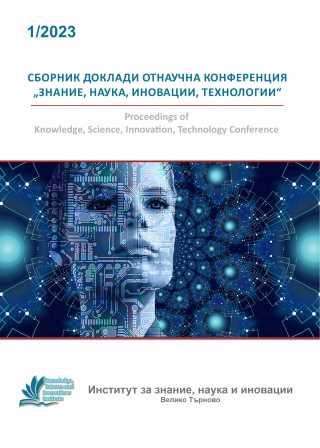
Joseph Sokolski was a supporter of the idea of independence of the Bulgarian church. At the same time, he was attracted to the union movement. Russian diplomacy is very worried about the union, seeing in it a threat to Russia's influence on the Bulgarian Orthodox Church and on the Bulgarian population in the Ottoman Empire. The Russian ambassador in Constantinople, Prince Lobanov, decided to kidnap Archbishop Joseph Sokolski from Constantinople.
More...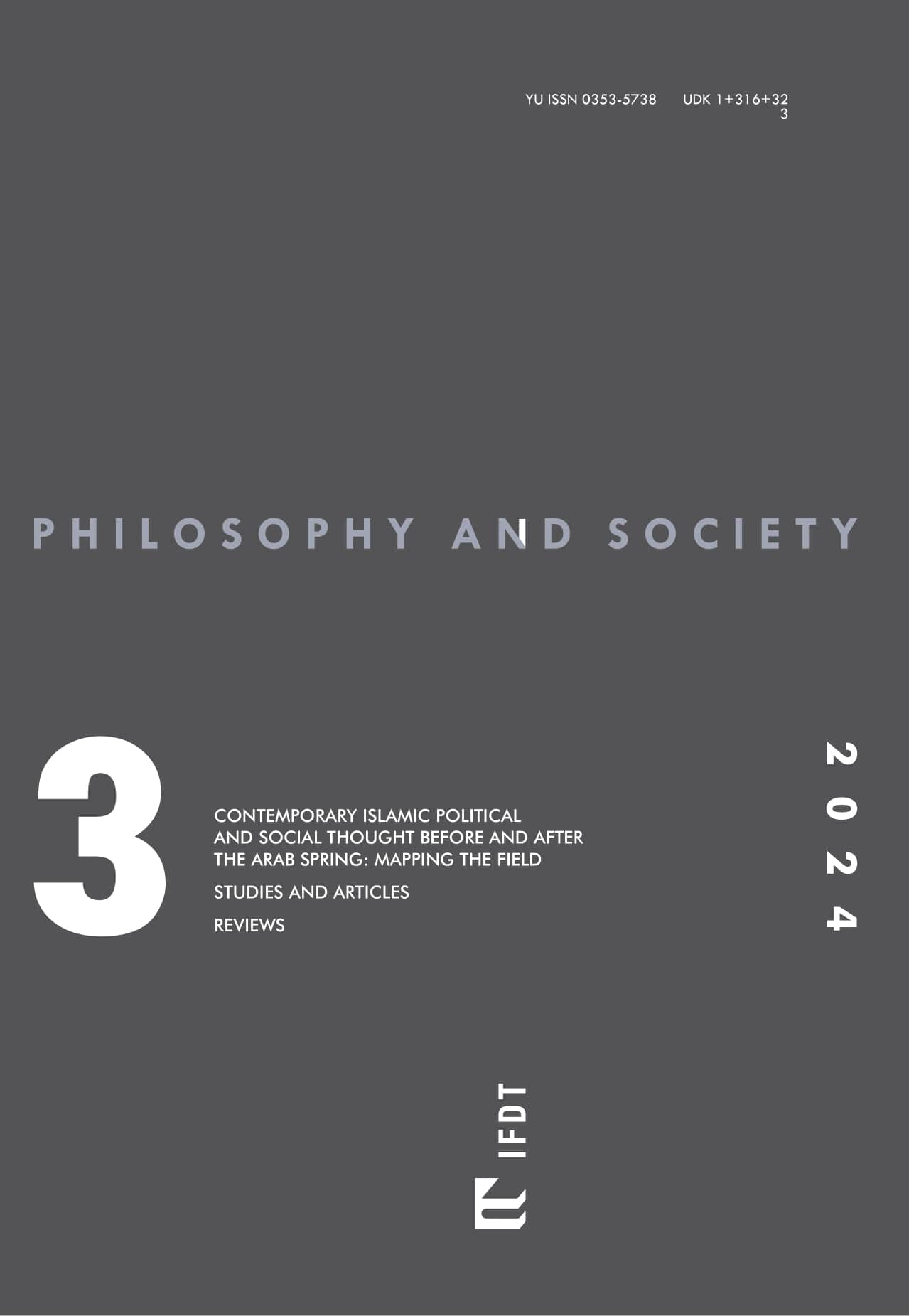
The Arab Spring produced new optimism in the Middle East regarding the possibility of democracy at the heart of the Muslim world. However, as the years passed, such optimism abated, leaving bitterness and cynicism in its wake. During the Arab Spring, Vladimir Putin watched in horror as numerous “strong men” lost power, or nearly lost power, including his ally, Bashar al-Assad. Determined not to allow what he saw as the West’s meddling in the Middle East provide a template for his own removal from power, Putin embarked on an anti-Western campaign to create a “multipolar world,” one that would liberate the strong men rulers from the demands of the “rules-based order,” i.e., the “unipolar world.” Key to the success of this campaign was the fostering of an alliance between the Russkii Mir (Russian World) and the dār al-Islām (Abode of Islam). Together with other parts of the world, such a coalition would resist the collective power of the Western world and attempt to bring about global conditions wherein “traditional” peoples can express their cultural, political, and economic particularities without being subject to the corrosive influence of the West. Key to this anti-Occident ideology is the far-right Russian philosopher, Alexander Dugin, and his neo-Eurasianist ideology. This essay explores how Dugin’s “reactionary modernist” ideology contributes to the struggles against the unipolar world, while at the same time arguing that his philosophy will most likely not be successful within the dār al-Islām for a variety of political, social, and religious reasons. If the promises of the Arab Spring are ever to come to fruition, this article argues, it will not be through a palingenetic Russia led by Putin.
More...
Building on earlier work engaging with the entanglement of artificial intelligence (AI) and apocalypticism and both with whiteness (Ali 2019), in the present essay I explore AI through the lens of a political theology informed by critical race theory and decolonial thought. The essay begins by setting out the meaning of a few key concepts, viz. AI, political theology, ‘The World’, and the apocalyptic, before going on to consider their relationship, and concludes by briefly sketching an oppositional stance that I suggest is appropriate to adopt in relation to AI where the latter is understood as a manifestation of racialised political theology.
More...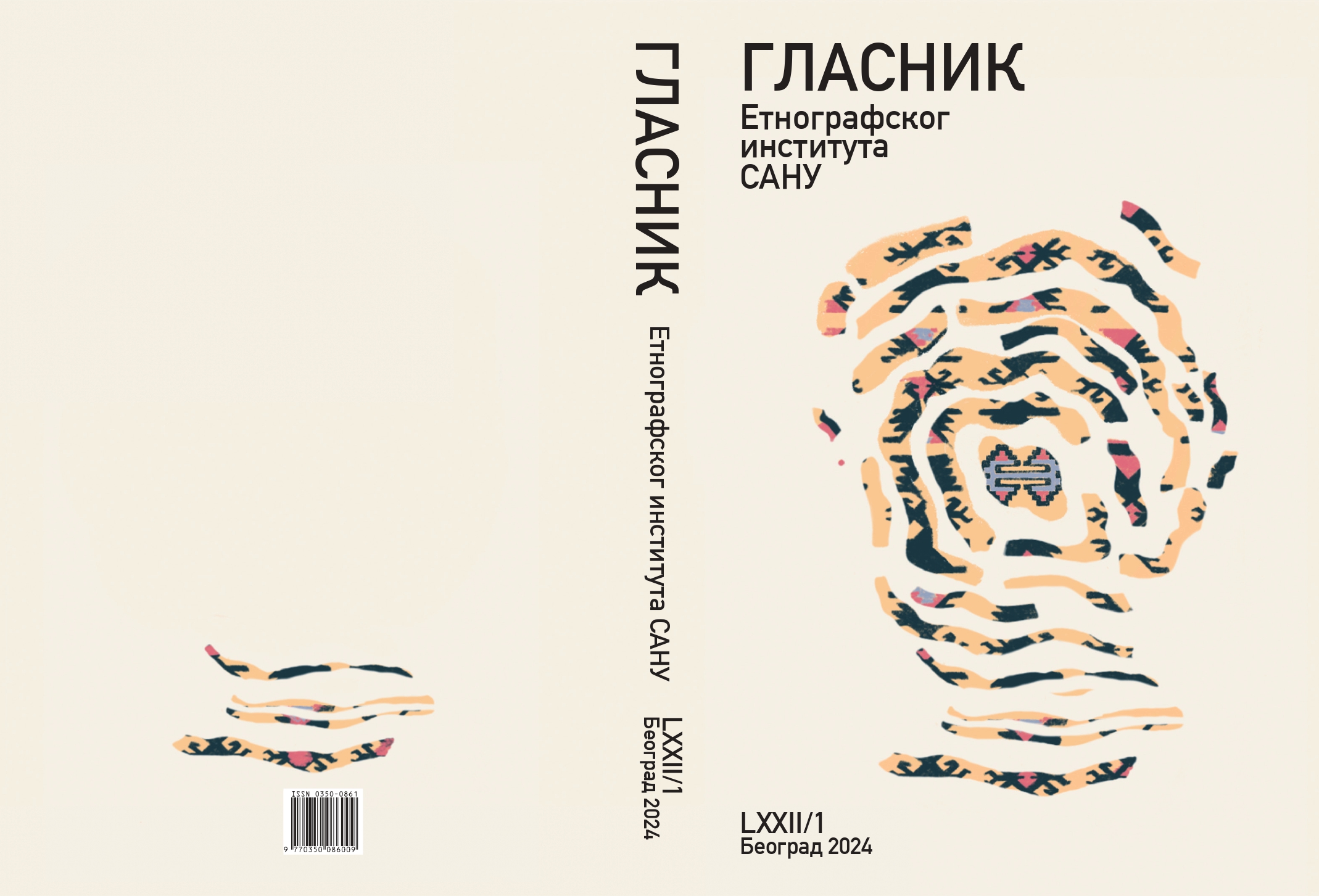
From the perspective of our time, it is difficult to guess what Zhuangzi wanted to tell us with the expression “zuo wang 坐忘”. Different angles of looking at the world give us pictures of different worlds. In the text “Zhuangzi: Oblivion and Happiness”, I will try to shed light on the various possibilities that the term “zuo wang 坐忘” offers us. In this light, the possibility opens up to understand to what extent it is the path to our happiness. At the same time, numerous philosophical questions arise: the relationship towards the body, self, dao, de, towards dream, reality, the cultivation of one’s being, wisdom, etc.
More...
Based on archival material, literature and narrators' testimonies, the author provides information about the elements of the national identity of the Serbs of the Petrinja region. In particular, it deals with the Orthodox religion and the narrator’s memories of everyday life during socialism, the last war (1991-1995) and the nowadays. The text also provides demographic data of Serbs population in the Petrinja region.
More...